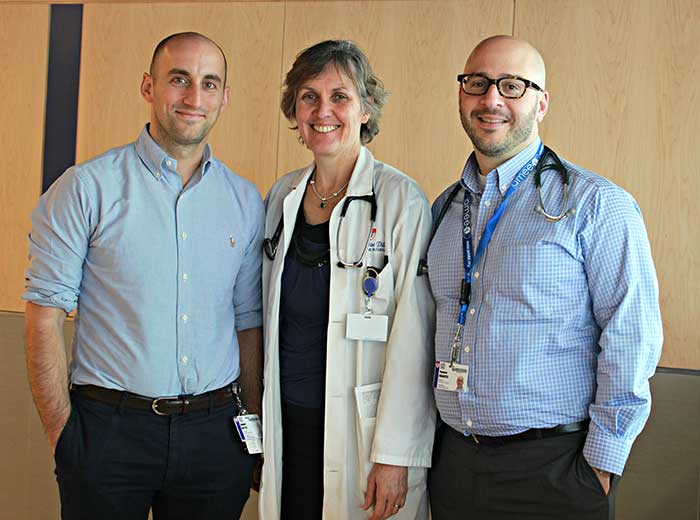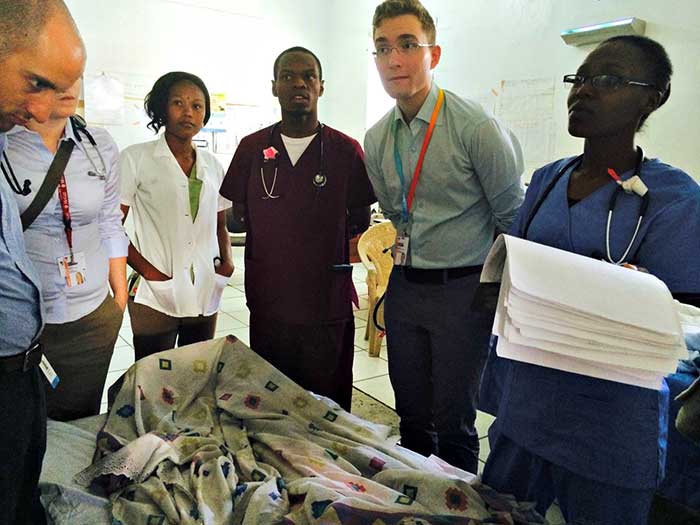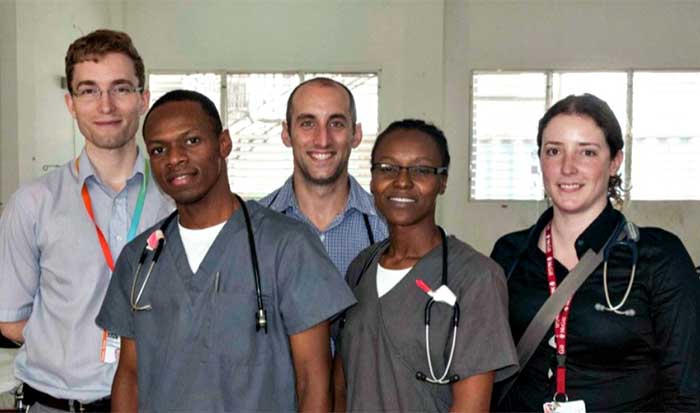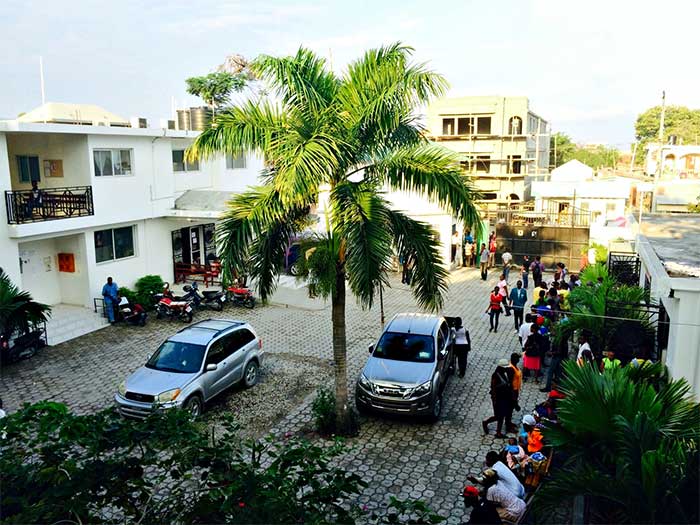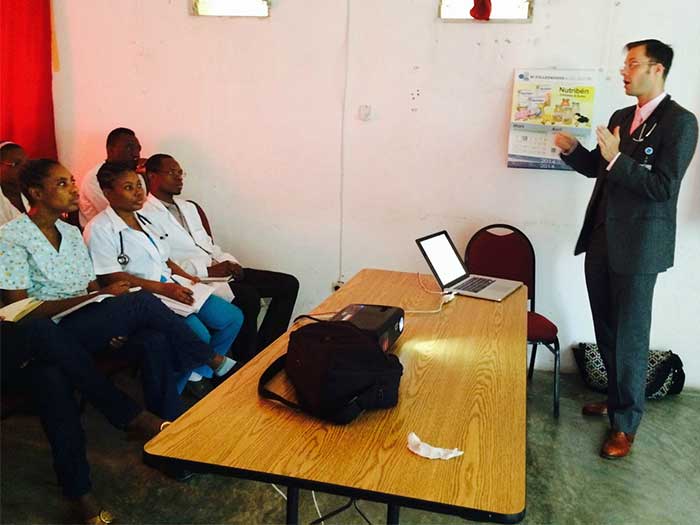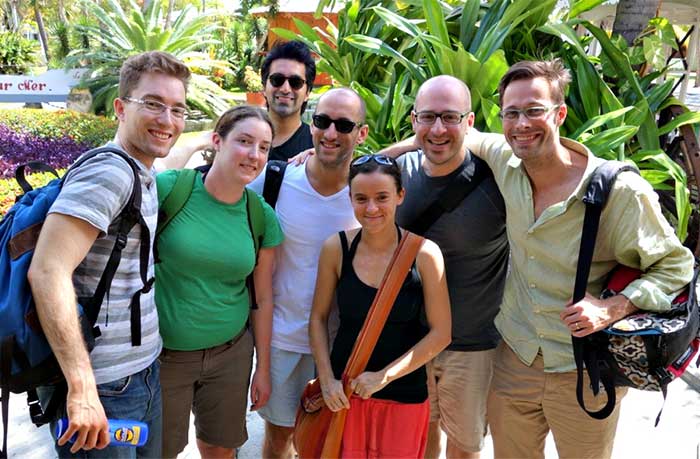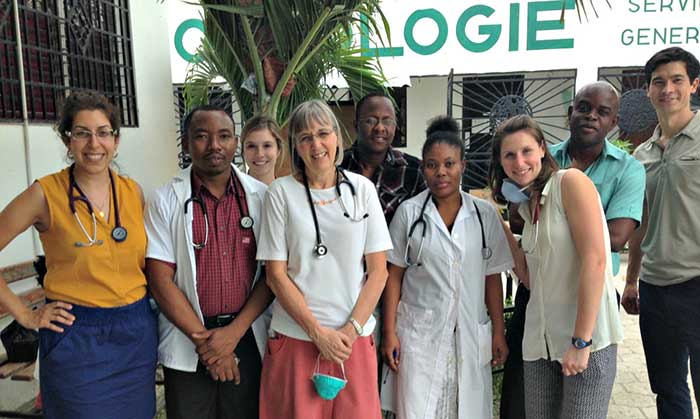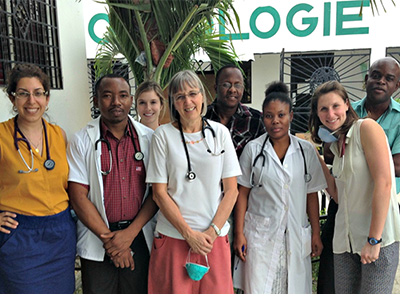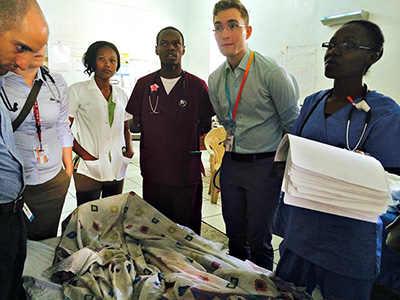An amazing experience in Haiti
In 2014, Dr. Robert Battat, an Internal Medicine resident at McGill University, participated in an innovative medical elective that he feels deeply influenced his budding medical career.
The elective involves bringing a medical team for one month a year to a hospital in St. Marc, Haiti—a city located in an area of limited resources that was severely affected by their 2010 earthquake. This project, which is a partnership between McGill’s Global Health Programs and St. Nicolas Hospital, is one of the few of its kind that includes both residents and faculty staff. During their stay, Dr. Battat and two other residents were supervised by two staff physicians from the McGill University Health Centre (MUHC).
“We were the first team to go to Haiti, and the experience was a great opportunity to enrich my training and to participate in knowledge exchange with the local medical team,” says Dr. Battat, who is now a fellow in Gastroenterology at the MUHC. “The fact that we had MUHC staff physicians made a big difference. They brought their educational and clinical expertise and helped us to provide safe, responsible and high-quality medical care to the local population.”
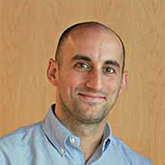
The project was developed in collaboration with Partners in Health/Zanmi Lasante (PIH/ZL), a non-governmental organization committed to rebuilding Haiti’s healthcare system. MUHC attending physician Dr. Thomas Maniatis, who was program director of the Core Internal Medicine Residency Program at the time, took part in the first rotation.
“Our colleagues in St. Marc needed to expand their clinical and educational capacity,” he says. “They particularly wanted a more structured and more positive learning environment to attract and retain residents who were training locally in Internal Medicine. Since they don’t have an Internal Medicine Program at the moment, we worked closely with the Family Medicine Program. We helped them develop their faculty training in medical education with workshops on bedside teaching, structuring rounds, giving feedback and other activities.”
A team member in the second trip to Haiti was Dr. Louise Pilote, director of the Division of General Internal Medicine (GIM) at McGill University and the MUHC.
“Knowledge transfer is often portrayed as something involving new technology or ground-breaking procedures,” she says. “But it also relates to expertise in education, professional behaviour and faculty development. The MUHC community has a lot to offer in those areas.”
A rich, meaningful trip
The experience in Haiti taught the GIM team powerful lessons. For staff, it helped fulfil needs in continuing medical education and faculty development.
“We learned through situations we don’t usually face in our hospitals,” says Dr. Maniatis. “How do you treat a patient with major health problems when there’s no clean running water, unreliable electricity, limited access to blood tests, biopsies or pathologists? It was a powerful lesson to realize that sometimes spending time with a patient is practically all we can do, and that it’s valuable to people who are sick.”
“This was one of the best trips of my life,” says Dr. Pilote. “The change of environment helped me to see our amazing residents through new lenses. I discovered how much they know and how altruistic they are. As people and as professionals, they rose to the challenge.”
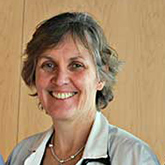
For Dr. Battat and his colleagues, the lessons were equally significant and had an impact on their view of health care and its delivery to patients, both in Haiti and Canada.
“We improved our competency in providing care in low-resource settings, we deepened our understanding about treatments and we learned to adapt more effectively in a cross-cultural environment,” he says.
“At the MUHC, we treat people who come from all over the world, and if we can understand just a little bit about the cultural backgrounds of our patients and their families, we can collaborate with them to participate in improving their health.”
Most importantly, though, the whole team is happy that the project has long-lasting positive effects for Haitians. Although St. Marc has a population of 200,000, the St. Nicolas Hospital also provides services to the 1.6 million people who live in the surrounding areas.
“It was a big cultural shift for the team in Haiti, because their model of care is very different from ours in Canada,” says Dr. Pilote. “But the local leaders recognized the importance of good education and wanted change. We are happy that the care at St. Nicolas Hospital has improved in part because of the Residency Program and our input.”
To date, six residents, one fellow and six attending physicians have taken part in the project. The next team trip to Haiti will take place in Spring 2016.
